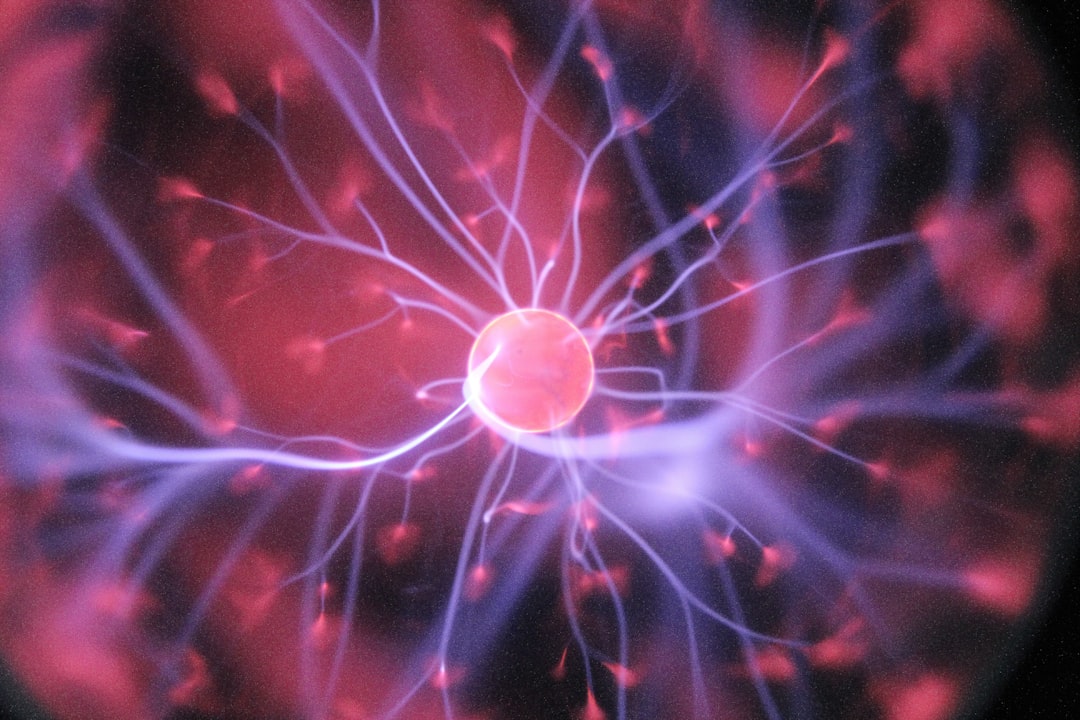What is it about?
What influences whether people think that two events are causally connected? Based on a recent philosophical study, the present research empirically demonstrates that a crucial aspect that has received little attention in the literature is “causal reversibility”. Causal reversibility describes whether an effect persists over time (i.e., is irreversible) or disappears again once its cause(s) are removed (i.e., is reversible). Using a type of situation philosophers have taken to demonstrate seemingly unshakable intuitions about event causation (called “late preemption” in the literature), the present research revealed that these intuitions may actually change depending on whether the situation’s causal structure is reversible or irreversible. More specifically, the experiments demonstrate that events that do not seem to be causally connected to an effect in the irreversible case can become causal if the (otherwise identical) situation is reversible.
Featured Image

Photo by Nadir sYzYgY on Unsplash
Why is it important?
Reversibility as a feature of causality has been understudied, despite the fact that reversible causal structures are ubiquitous in the world. Just consider diseases, which we aim to cure by reversing the underlying causal process trough medical treatment. The present research suggests that causal reversibility can drastically change our intuitions about cause and effect, even in situations that have been taken to elicit very stable intuitions. This highlights the importance of further investigating its role in causal cognition.
Perspectives
My passion for the study of causal reasoning goes back to my PhD. Ever since I’ve been fascinated by the topic. Aside from psychological studies on causal cognition, I have always loved reading about all the different kinds of thought experiments on event causation philosophers have invented and vigorously debated to defend their theories. When I recently came across a paper by philosophers Lauren Ross and James Woodward suggesting that causal reversibility might change our intuitions in some of the seemingly clearest thought experiment scenarios, I was curious to see what an empirical test of their theory would reveal.
Simon Stephan
Georg-August-Universitat Gottingen
Read the Original
This page is a summary of: Reasoning about actual causation in reversible and irreversible causal structures., Journal of Experimental Psychology Learning Memory and Cognition, May 2024, American Psychological Association (APA),
DOI: 10.1037/xlm0001354.
You can read the full text:
Resources
Contributors
The following have contributed to this page










